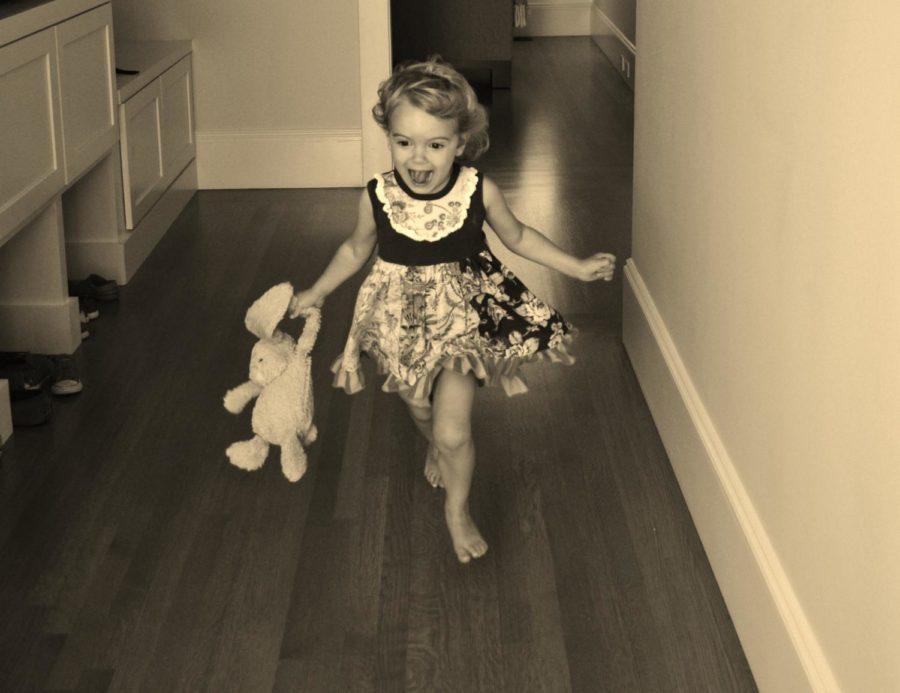Schafer: I’m hyperfocusing on… the children within
August 1, 2021
Editor’s Note: This column is a part of a series called “I’m hyperfocusing on…”.
I spent my summer working as a nanny. I had three children to take care of most weekdays for about 10 hours a day. I spent a lot of time with these kids, and even though they drove me crazy some days, I wouldn’t trade this summer with them.
The biggest lesson we worked on over the course of the summer was helping the kids learn how to express themselves. When a young child doesn’t know how to express their emotions, they tend to lash out more. By equipping them with grounding techniques, providing them with appropriate phrases to use and debriefing their actions, I watched these children develop new habits.
Fights diminished dramatically, and I began to frequently overhear the kids explaining their difficult feelings to each other where before, they were unable to express themselves. While this was the biggest improvement I saw in the children, I recently saw an improvement in myself.
I was very open with the children about a variety of subjects. Some of these subjects are stigmatized in our society, but their parents and I agreed that knowledge is powerful. While they might not understand the gravity of a conversation, they were always curious about it. The oldest asked me the most questions. As an upcoming third-grader, he wants to know everything about the world that he’s coming to know.
With complicated topics, I found myself talking to the kids in terms they could understand. On the first morning that I forgot to take my medication before work, I allowed the kids to ask me questions about it. While taking medication for something based in our brains is stigmatized, I didn’t want the kids to think it’s bad. Adults shape a child’s life dramatically, and I didn’t want them to have internalized shame if they ended up taking a medication for their brain at any point.
Upon their questioning, I told the children my brain doesn’t think in a straight line like most. It thinks in a twisty-turny-tangled-up line, and sometimes, that makes things difficult for me. It’s a lot faster to walk from home to school if we go in a straight line, but if we walk around the town in a few loops before we get to the school, it takes a lot longer, our feet get tired, we might get lost and we’d probably be late for school by the time we get there. I explained to them that the pill takes that twisty-turny line and makes it go straight so I can think easier. This explanation only addresses one aspect of how the medication helps me, but the kids understood it.
Notice how in my explanation, I referred to my brain as a separate entity from myself. This was fully intentional in part of the unstigmatized approach I was going for. By separating my brain from myself, the kids understand that a mental illness or any neurodivergence doesn’t mean the person needs to be changed. When the air conditioning in a car isn’t working, we don’t throw out the whole car. Instead, we see it as fixing the one piece that needs improvement.
When my best friend texted me last night saying they were ashamed of their brain’s chemistry, I told them about how the kids didn’t judge me for taking medication; they asked questions with an inspired curiosity. Your brain isn’t something to be ashamed about — we’re just taught that being different isn’t desirable. This internalized shame isn’t defining of who we are, and children don’t see those differences as shameful.
When we talk to ourselves like we’re explaining something to a 6-year-old, it’s easier to see without internalized stigmas clouding our reality. My friend responded, saying, “Maybe we should treat ourselves as the 6-year-old and we’d be able to understand better.” Honestly, I couldn’t phrase it better myself.







